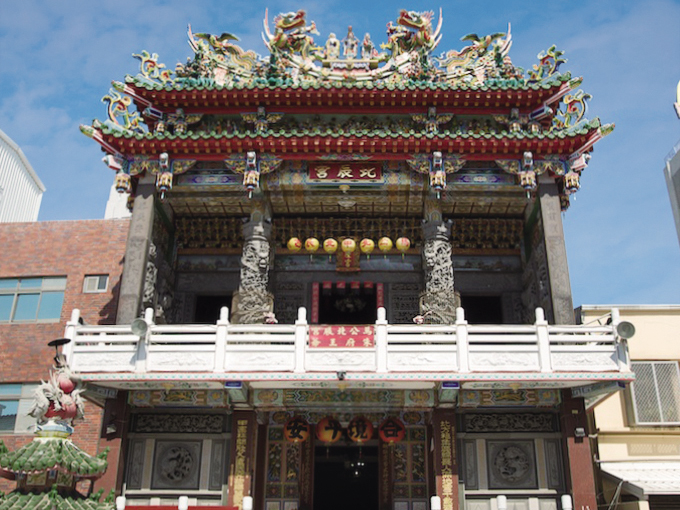Magong Beijia Beichen Palace
Attractions
Main Deity Worshipped: Lord Chu
Festival Date: Lunar May 18
According to legend, during the Tang Dynasty, 360 scholars who had passed the imperial Jinshi examination encountered a calamity. Emperor Tang Taizong, moved by their innocence, granted them the title of Qiansui and assigned them to patrol different regions on behalf of the heavens. They traveled from province to province and county to county, inspecting human virtues and misdeeds. The 360 scholars divided themselves into groups of either three or five to carry out their divine patrols, earning a reputation for their powerful spiritual presence. Wherever a royal boat carrying them arrived, it was seen as a great omen, and local communities welcomed them with utmost reverence, seeking their blessings. This custom has been passed down through generations, particularly in island regions like Taiwan and Penghu, where the reverence for Qiansui is especially strong. Among the most renowned of these deities is the Five Lords of Nankunshen, who, during the late Qing Dynasty, once toured Penghu and temporarily resided at Penghu Tianhou Temple. The locals of three surrounding villages (Sanjia(三甲)) were devoted to hosting the gods. Later, to commemorate the event and express their gratitude for divine blessings, over twenty villagers, including Huang Jishi, established a religious society and commissioned a sacred statue of Lord Chu. This statue was worshipped in rotation for over 40 years until 1924, when the community decided to construct a temple. A year later, Beichen Palace was completed, named after Beijia Village, where it was built.
Source: Penghu Travel
Festival Date: Lunar May 18
According to legend, during the Tang Dynasty, 360 scholars who had passed the imperial Jinshi examination encountered a calamity. Emperor Tang Taizong, moved by their innocence, granted them the title of Qiansui and assigned them to patrol different regions on behalf of the heavens. They traveled from province to province and county to county, inspecting human virtues and misdeeds. The 360 scholars divided themselves into groups of either three or five to carry out their divine patrols, earning a reputation for their powerful spiritual presence. Wherever a royal boat carrying them arrived, it was seen as a great omen, and local communities welcomed them with utmost reverence, seeking their blessings. This custom has been passed down through generations, particularly in island regions like Taiwan and Penghu, where the reverence for Qiansui is especially strong. Among the most renowned of these deities is the Five Lords of Nankunshen, who, during the late Qing Dynasty, once toured Penghu and temporarily resided at Penghu Tianhou Temple. The locals of three surrounding villages (Sanjia(三甲)) were devoted to hosting the gods. Later, to commemorate the event and express their gratitude for divine blessings, over twenty villagers, including Huang Jishi, established a religious society and commissioned a sacred statue of Lord Chu. This statue was worshipped in rotation for over 40 years until 1924, when the community decided to construct a temple. A year later, Beichen Palace was completed, named after Beijia Village, where it was built.
Source: Penghu Travel
- Phone
- 06-9271181
- Opening Hours
- Open 24 hours
- Theme Category
- Attractions Cultural Attractions Temples
Nearby Locations
TOURIST ATTRACTION














